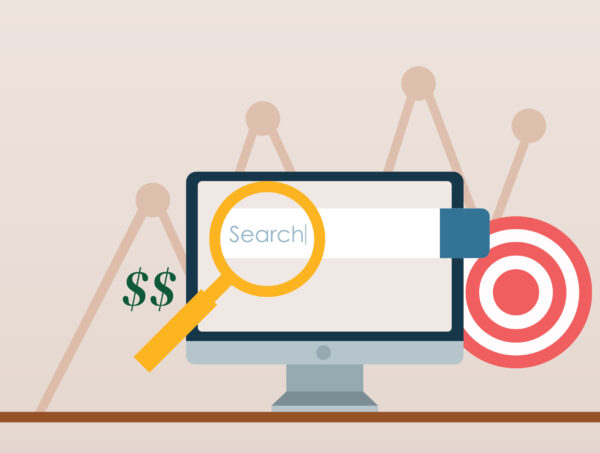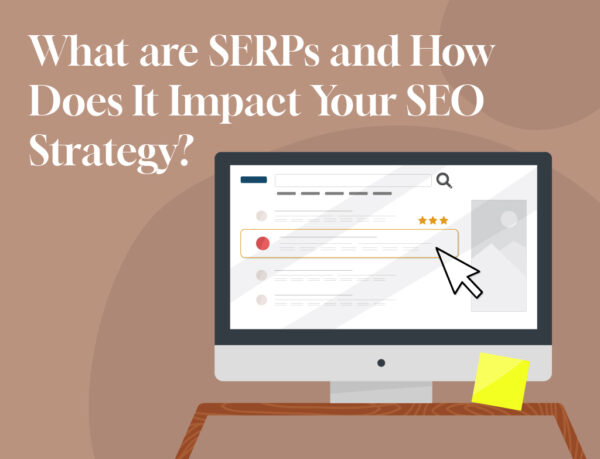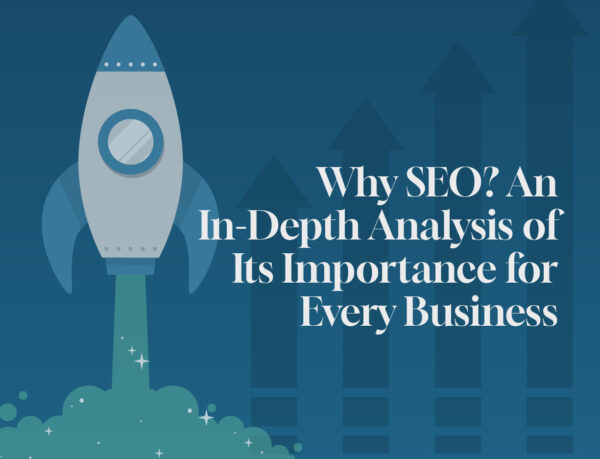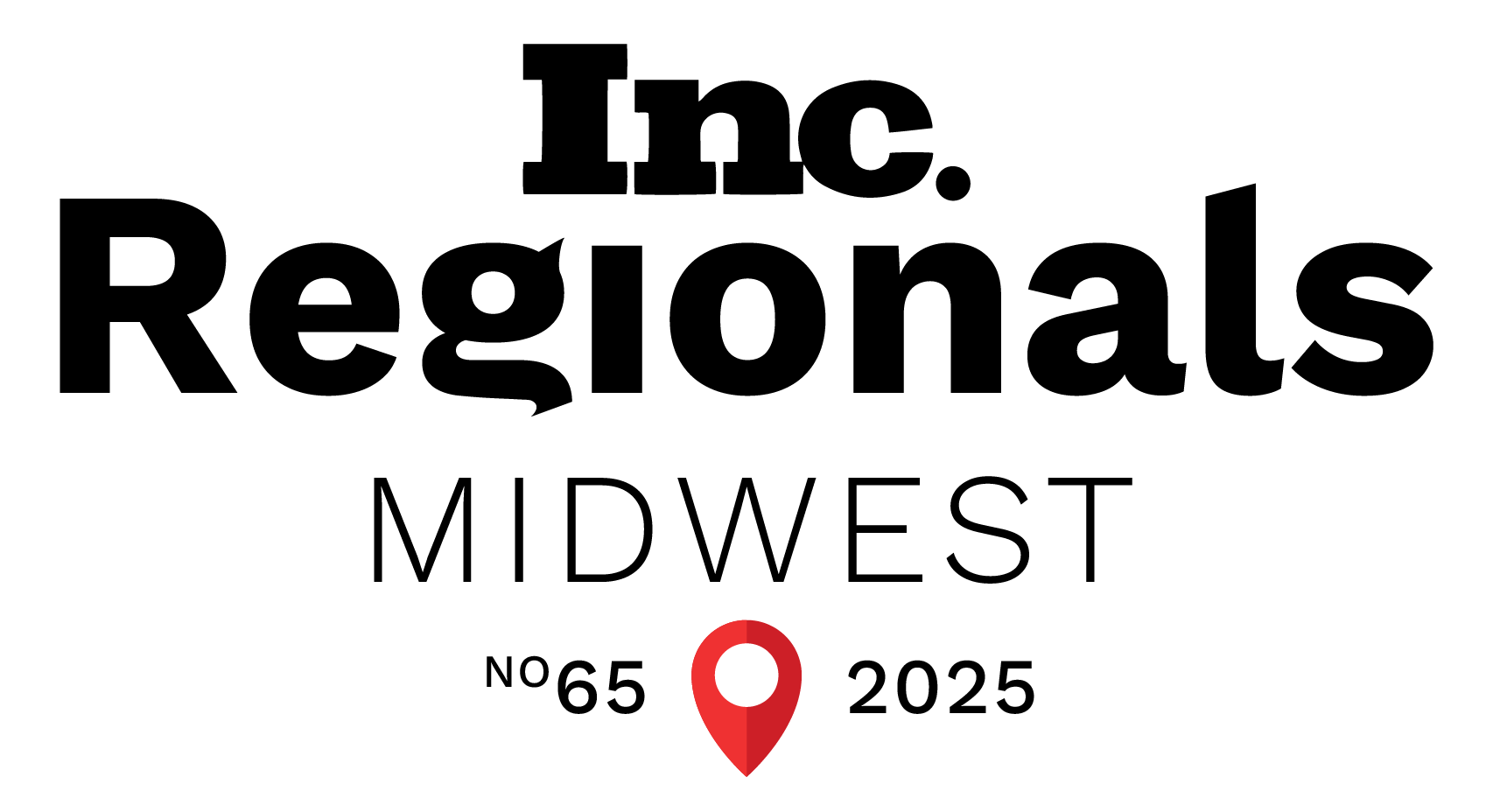What Is Inbound Marketing (and Why Does it Matter)? Here’s What You Should Know

In This Article
Imagine that you’re strolling down the street, when somebody approaches you out of the blue and says, “Here, buy this frying pan! It’s great, I promise.”
We know—pretty weird, right?
Now try this scenario on for size: You’re already in the process of overhauling your kitchen, and you’ve started doing some research about necessary supplies. You found this great online resource that breaks down all of the different equipment you should stock in your kitchen, and what each item does.
You’ve already absorbed a ton of knowledge from that single resource, when you notice the very company that created it actually sells frying pans.
Who are you more likely to buy from? Will you open up your wallet and hand over some cash to the person who randomly confronted you on the street? Or are you going to opt for the brand that has already provided you with a ton of value and education?
If you’re thinking, “Uhh…the second one, duh!”, we certainly can’t blame you. While that example might be a little off-the-wall (we can’t imagine that many people are pedaling frying pans on street corners), it adequately illustrates the value of inbound marketing.
Seriously…what is inbound marketing?
Traditional sales and marketing tactics would have you believe that you should get out there and drag customers to your business. Whether it’s cold calling or aggressively pitching anyone with a set of ears, you should chase down prospective customers wherever you can find them.
Inbound marketing flips that standard approach on its head. With inbound marketing, you aren’t actively finding customers—you’re making it easy for them to find you.
This can be done a number of different ways, but some of the most common methods include:
- Search Engine Optimization (SEO): Writing content that’s targeted to specific keywords so that your brand is displayed in the search results (so, if somebody searches “best frying pan,” our hypothetical kitchenwares business would show up near the top of the page).
- Content Marketing: Creating content—from blog posts and ebooks to podcast episodes and videos—that educates your customers about a topic related to your business.
- Social Media Marketing: Using social networks like Facebook, Instagram, Twitter, and more to spread your message, target specific audiences, and build visibility about your brand.
- Events and Education: Hosting things like industry events and webinars and attending events or public speaking engagements to offer advice and build more buzz about your business.
There are way more possibilities and potential avenues with inbound marketing than just those.
However, to keep things short and simple, what you need to know is that inbound marketing is about using a variety of techniques to attract customers to you—rather than you getting out there and finding them.
Inbound marketing matters: 3 benefits you should know
Studies show that inbound marketing is 10 times more effective for lead conversion than traditional outbound marketing (read: cold calling).
So, beyond a barrage of new customers, what are some of the other advantages you can expect from inbound? Here are three benefits you don’t want to miss out on.
1. Inbound marketing generates more qualified leads
Take another look at our previous frying pan example, but this time put yourself in the shoes of the business rather than the consumer.
If you were the brand actually trying to sell a frying pan, which customer would you rather approach: the one who was minding their own business on the street, or the one who had already shown obvious interest in purchasing kitchen equipment?
Yep, the one who was already interested in the goods you offer.
When it comes to zoning in on the biggest benefit of inbound marketing, lead generation has to top the list. Not only will you get way more potential customers in the pipeline (inbound marketing reportedly generates 54% more leads than outbound), but they’ll be way more warm and qualified, because they’ve already expressed a relevant need and engaged with your brand.
2. Inbound marketing improves the customer relationship and builds trust
We’re all inundated with sales messages day in and day out, which means consumers have grown increasingly wary of the hard pitch.
In fact, this mistrust is pretty deep-seated. A study from the American Association of Advertising Agencies found that advertising and marketing ranked the absolute lowest in the poll question, “Who practices integrity?” Even the federal government and financial institutions scored better. Yikes.
In contrast to a blatant sell, inbound marketing allows you to develop a relationship and lay a foundation of trust with your prospective customers, because you’re offering them value before you even ask for a single dollar.
Need proof? 82% of consumers say they feel more positive about a company after reading custom content, and 70% of consumers feel closer to a company as a result of content marketing services.
3. Inbound marketing increases your visibility
There’s a lot of competition, and getting the word out about your brand and business can be tough. Here’s the thing, though: Inbound marketing will help you get in front of the right customers by meeting them where they already are.
81% of shoppers conduct research online before buying. So, if you build up an active and helpful presence in that space, you’ll put your business in front of the eyeballs of people who have a need that you can fulfill.
You aren’t just shouting about your business from the mountaintops and hoping that someone hears it. Inbound marketing allows you to increase your visibility with the right people (cough, the ones who are most likely to purchase from you).
Are you ready to get started with inbound marketing?
While inbound marketing might have become a bit of a buzzword, that doesn’t change the fact that it’s a strategy that can offer huge rewards for your business.
On that note, we have a confession to make: This blog post right here (yes, the one you just read) is actually an example of inbound marketing. We used these paragraphs to educate you on the basics of inbound marketing—which happens to be a service we offer here at Metric Marketing.
If you think these benefits are too good to pass up (hey, we can’t blame you), then get in touch and find out how we can help your business get in front of the right customers.
Must-read articles
Looking for something else?
There's so much more
Ready to Inquire?














